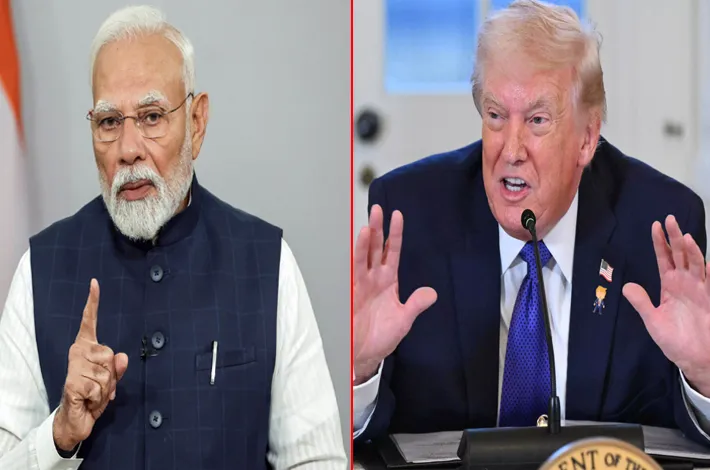State to establish Jan Aushadhi Stores in all Government General Hospitals
11-05-2025 12:00:00 AM

kiranmai tutika | AMARAVATI
In a significant move to ensure affordable healthcare for all, the Andhra Pradesh government has decided to establish Jan Aushadhi stores across all Government General Hospitals (GGHs) in the state. The initiative, aimed at providing quality generic medicines at low prices, will be implemented through the Indian Red Cross Society, a not-for-profit body.
As of now, the current generic medicine retail system operates in 16 GGHs, while 23 private-run generic stores are functional, they have been exploiting loopholes in the pricing and supply mechanism to earn profits as high as 600%, defeating the very purpose of generic accessibility.
Currently, only 30–40% of essential generic medicines are available at these stores, with some medicines being sold at inflated prices due to the manipulation of Maximum Retail Price (MRP) labels. The lack of a regulated billing system and poor oversight have allowed private retailers to bypass prescription norms and engage in profiteering.
In this regard, Health Minister Satya Kumar Yadav also announced to rectify these issues and approved a proposal to hand over operations of these outlets to the Indian Red Cross Society, ensuring that they are run without commercial motives. The society’s district branches, chaired by the respective district collectors, will oversee the functioning of these stores.
“The new stores will stock centrally procured generic drugs, sold at a fixed 15% profit margin. Each transaction will be recorded in a government-developed software system to prevent price tampering and ensure transparency,” said the minister and added that rare exceptions will be made for branded drugs—only with official approval and when generic alternatives are unavailable.
Minister Yadav has also directed health officials to explore expanding the model to secondary healthcare facilities, including area and district hospitals. A proposal to establish Jan Aushadhi centers in 17 GGHs has already received approval. This move is expected to deliver substantial benefits to the large number of patients who depend on public healthcare, reducing out-of-pocket medical expenses and strengthening access to essential medicines.








